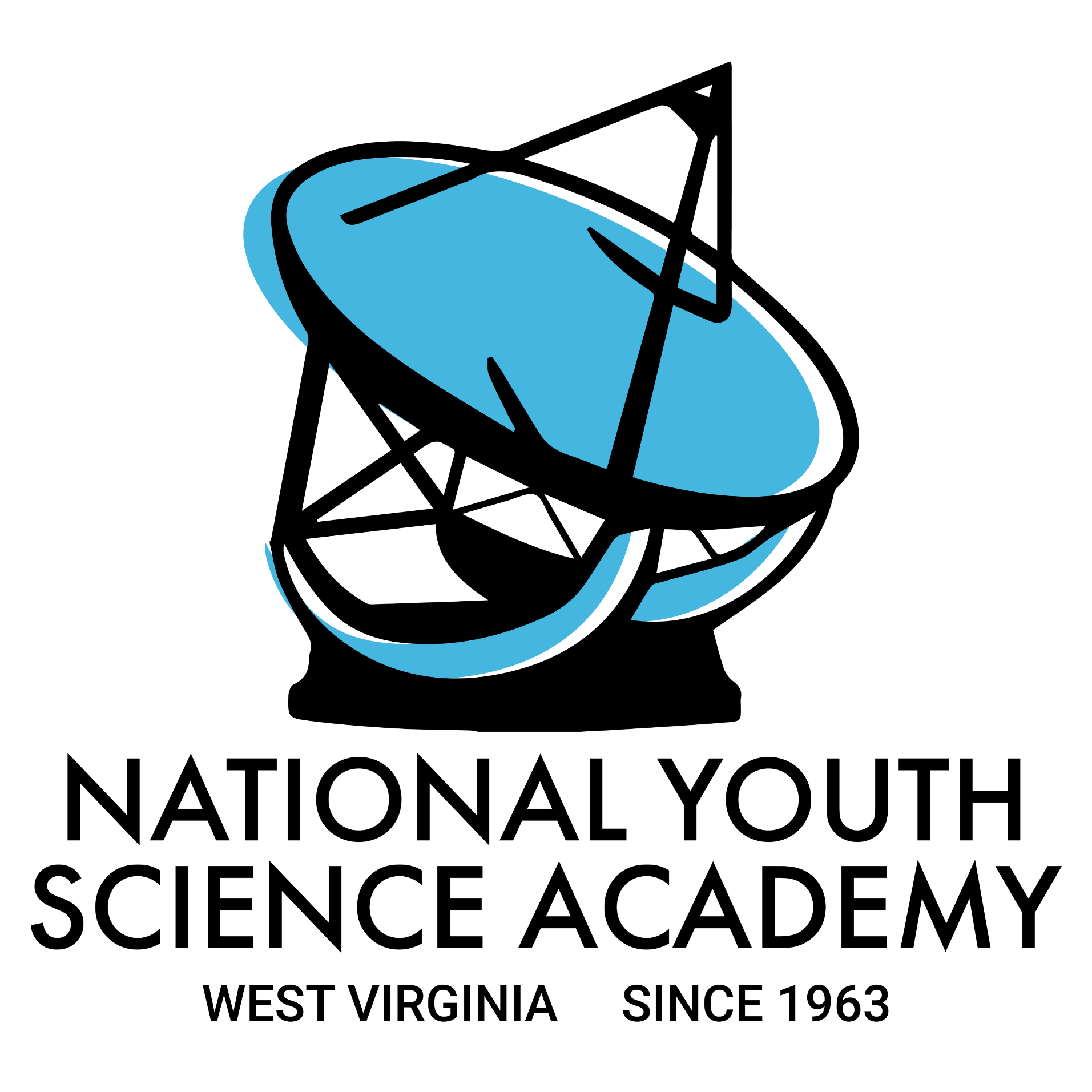Leonardo M. R. Ferreira, PhD May 19, 2023 @ 1:00 PM ET (10:00 AM PT)
Talk Overview: The immune system is everywhere in the body, from our brain to our toes. How do we tap into this bodily global positioning system? Can we design immune cells as living drugs? Is it possible to reeducate an immune system? The Ferreira Lab creates engineered immune receptors to systematically study how specificity, affinity, and signaling modulate T cell function in immunity and tolerance. Our goal is to help unleash the potential of immune cells as therapies for autoimmune disease, organ transplant rejection, cancer, and aging.
Speaker Information: Leonardo M. R. Ferreira, PhD goal is to control how the immune system recognizes self and non-self. This power will allow us to weaponize the immune system’s surveillance and tissue repair capabilities to cure disease and extend our health span. He is an Assistant Professor of Microbiology and Immunology and, by courtesy, of Regenerative Medicine and Cell Biology at the Medical University of South Carolina (MUSC) and the Hollings Cancer Center. As a graduate student at Harvard University with Jack Strominger and Chad Cowan, he studied human pregnancy as a model of immune tolerance and uncovered an enhancer element regulating the expression of the nonclassical tolerance-inducing molecule HLA-G. Ferreira was also the first to report the use of CRISPR/Cas9 genome editing in clinically relevant primary human cells – hematopoietic stem cells and CD4+ T cells – and generated hypoimmunogenic human pluripotent stem cells by combined CRISPR/Cas9-mediated gene knockout and knock-in. As a postdoctoral scholar with Qizhi Tang and Jeffrey Bluestone at the University of California San Francisco (UCSF), he created an anti-HLA-A2 chimeric antigen receptor (CAR) and used CRISPR/Cas9-mediated gene knock-in to replace the endogenous T cell receptor (TCR) gene with this CAR gene in primary human regulatory T cells (Tregs). The resulting CAR Tregs were suppressive specifically upon recognizing HLA-A2 in vitro and in humanized mice, and trafficked to transplanted HLA-A2+ human islets. Ferreira’s laboratory at MUSC focuses on using engineered immune receptors to systematically study how specificity, affinity, and signaling modulate T cell function in autoimmunity, cancer, and aging, as well as on using this knowledge to develop new cellular therapies.
Do you want to speak at the next Alumni Lecture Series event? Let us know here.

